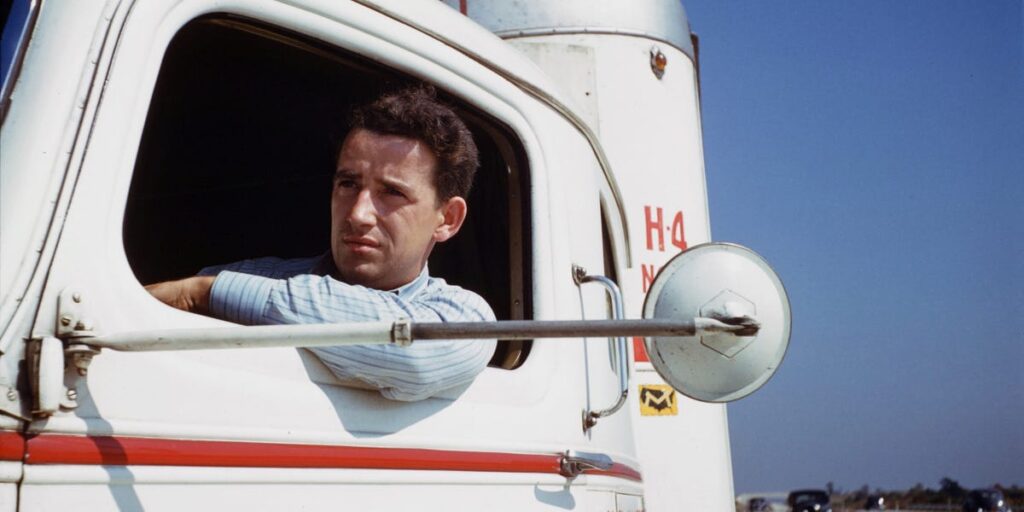During his working years, Larry Heine drove a truck for eight hours daily. He enjoyed nightly family time, owned a home, successfully put both children through college, and took his wife to Hawaii whenever he earned some overtime.
As part of the Teamsters union, Heine benefited from solid healthcare and a pension. He retired at 51, celebrating with a cake and a $250 gift card to a fishing store on his final day.
According to a 2010 study by the National Institute for Occupational Safety and Health, truck drivers in 2020 averaged 60 hours of work weekly, with one in five logging over 75 hours. Meanwhile, drivers’ salaries have decreased significantly. In the late 1970s, their pay was up to 50% higher than today, even after adjusting for inflation, as noted by Wayne State University economics professor Michael Belzer.
Currently, the median salary for about 1.9 million truck drivers in the U.S. is $45,260, with nearly 40% lacking health insurance compared to 17% of the broader workforce. Heine, now living in Northern California in a home he built post-retirement, expressed his disbelief at these shifts.
Heine viewed truck driving as a typical blue-collar job, while today’s drivers reminisce about a better life during what many consider a golden age, ending on July 1, 1980, with President Jimmy Carter’s signing of the Motor Carrier Act of 1980, which deregulated the trucking industry. Previously, the government regulated freight prices and licensing, making entry difficult for aspiring truckers like Heine.
The Motor Carrier Act dismantled that structure, enabling anyone to transport goods freely. While Carter believed deregulation would alleviate excessive government constraints and reduce consumer costs by stimulating competition among truckers, its fallout significantly weakened one of America’s key blue-collar professions. Experts argue that the legislation’s primary beneficiaries were the now-dominant national and international retail chains that flourished post-deregulation.
Experts contend that the ease of trucking entry has made it a rare example of “perfect competition,” benefiting consumers with lower prices, although it has hurt truck drivers. Economists like Steve Viscelli describe this upheaval as “destructive competition,” where intense rivalry erodes profitability and investment. Despite lower prices for consumers, laborers like Heine feel that the resulting power shift merely funneled wealth to the top 10%, leaving many like him struggling.


